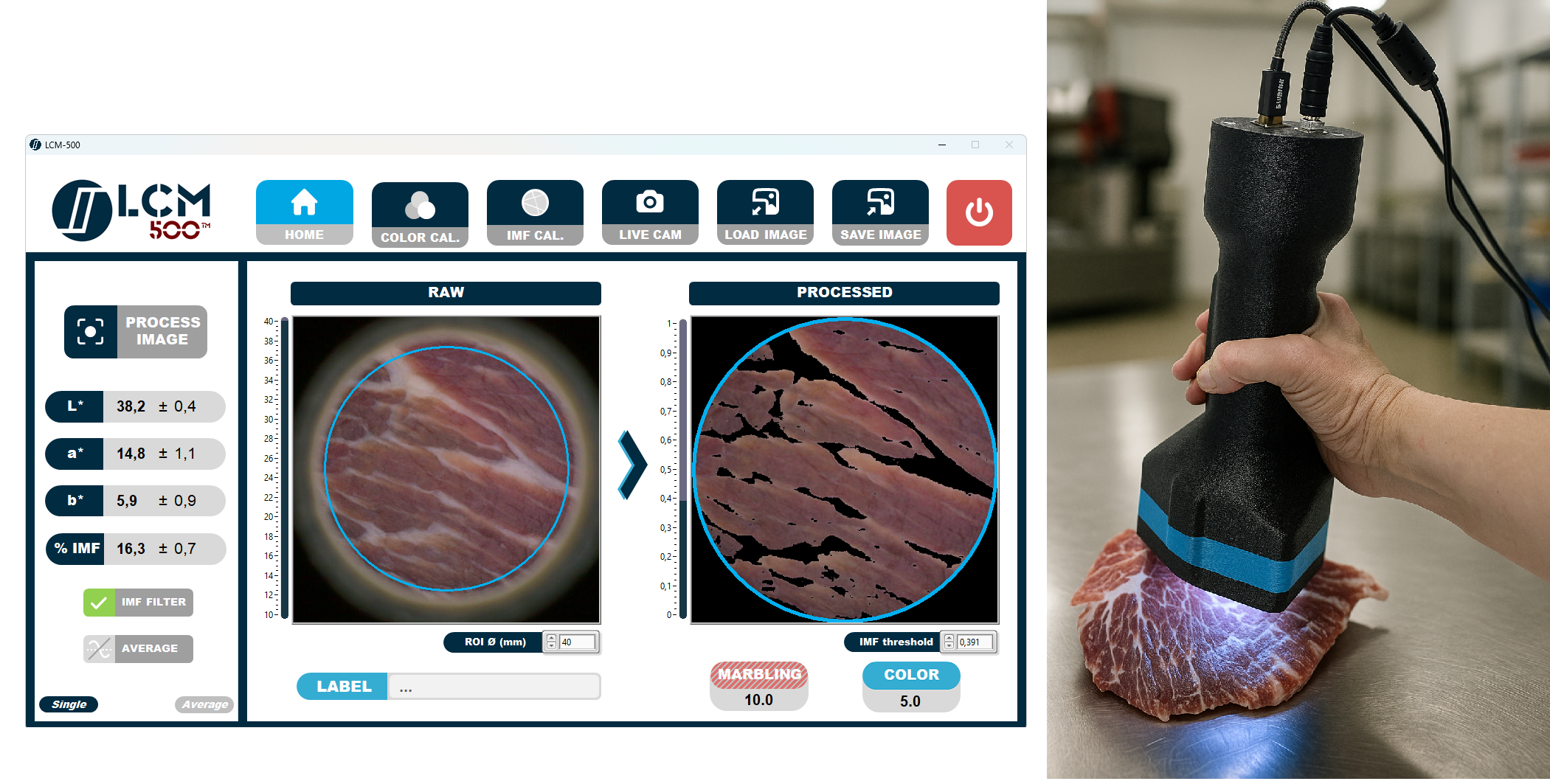
10/02/2026
MARVELL: A la recta final del nostre projecte INNOWWIDE
A Lenz Instruments estem arribant a la recta final del projecte MARVEL , una iniciativa finançada per la Unió Europea a través del programa INNOWWIDE , que impulsa la internacionalització de pimes europees mitjançant estudis de viabilitat de mercat a països estratègics.
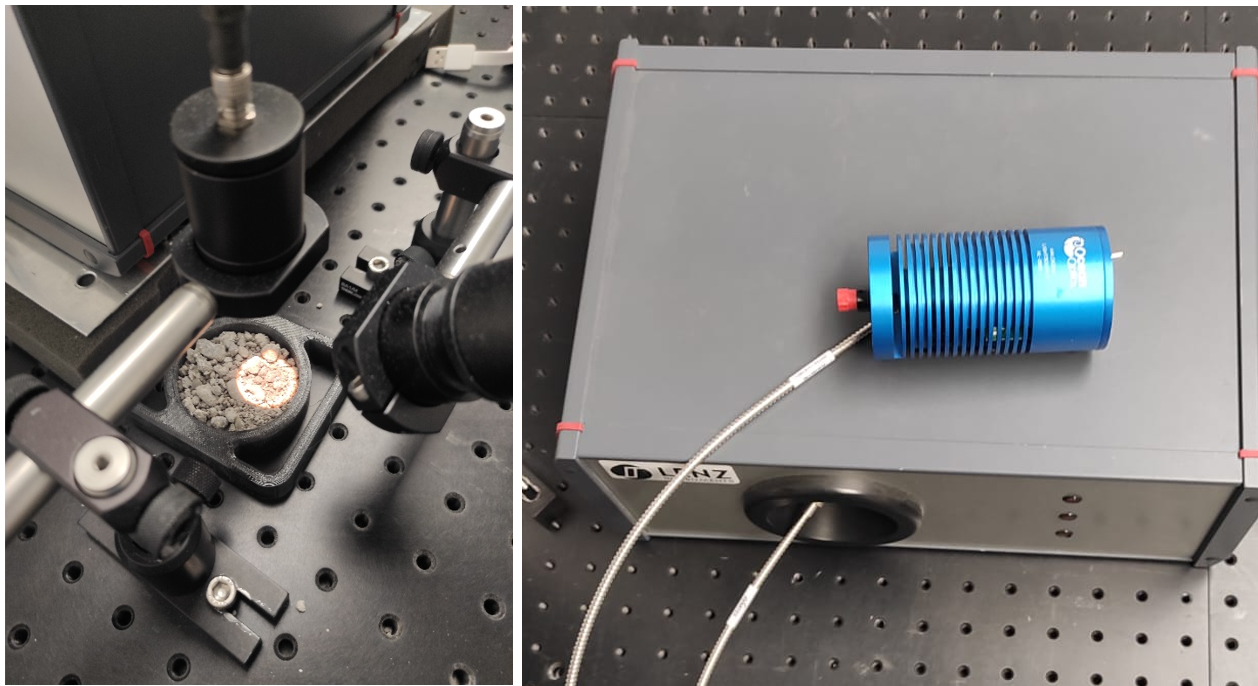
10/02/2026
Tancament del projecte ATRIC 4.0
Després de més de tres anys de treball, el projecte ATRIC 4.0 arriba al final amb importants avenços en digitalització i circularitat aplicades al sector industrial.
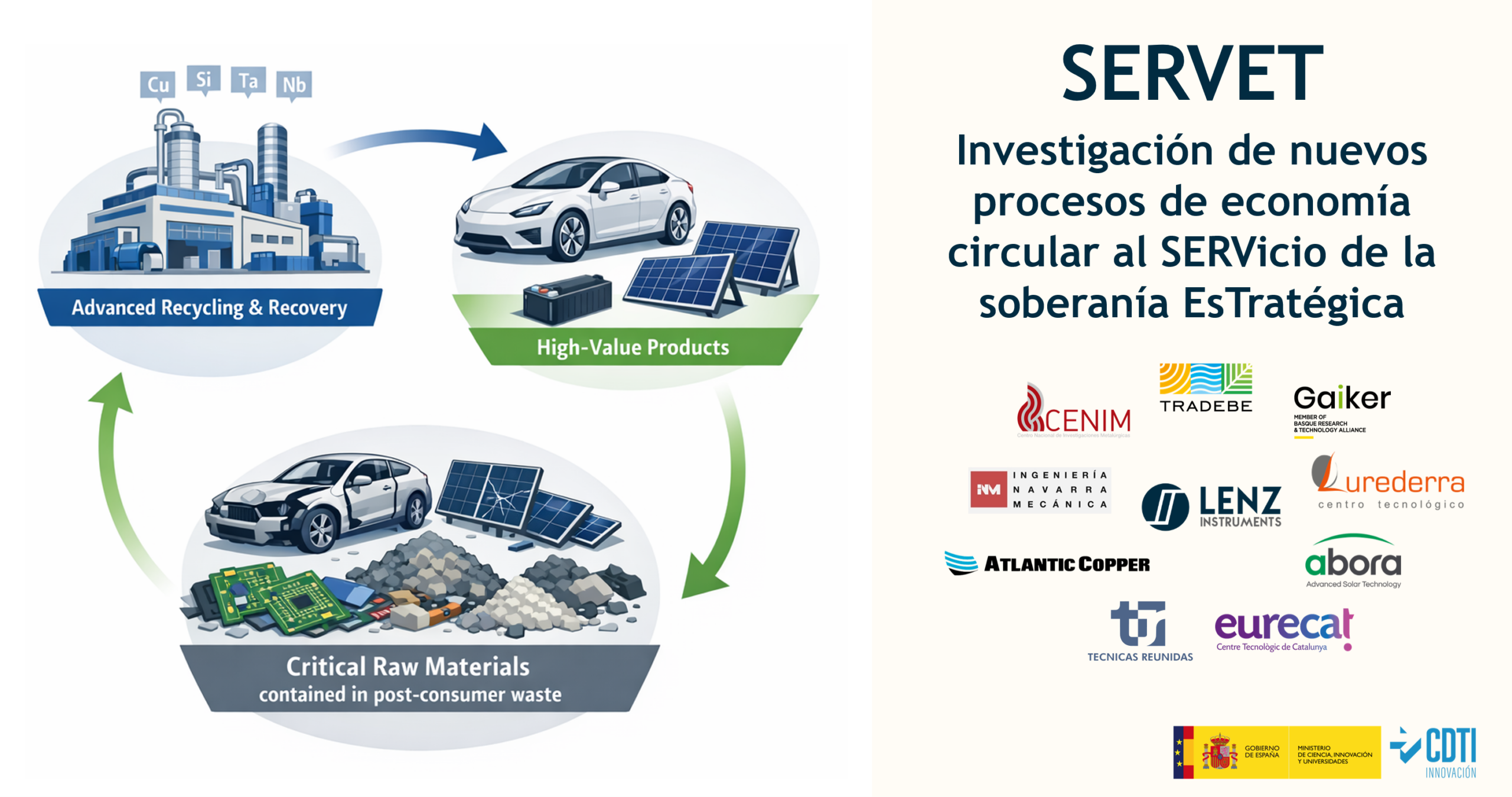
10/02/2026
SERVET – Investigació de nous processos d’economia circular al servei de la sobirania estratègica
El projecte “Investigació de nous processos d’economia circular al servei de la sobirania estratègica, SERVET” ha estat finançat pel Ministeri de Ciència, Innovació i Universitats, en el marc de la iniciativa Missions Ciència i Innovació 2025 del Centre per al Desenvolupament Tecnològic i la Innovació (CDTI).

09/05/2023
A Novel Solution for the Inspection of Polyvinyl Butyral (PVB) films in Laminated Glass
En el marc del projecte europeu col·laboratiu SUNRISE (acord de subvenció nº958243), LENZ INSTRUMENTS ha desenvolupat una solució innovadora per a la inspecció del Polivinil Butiral (PVB) en vidre laminat.
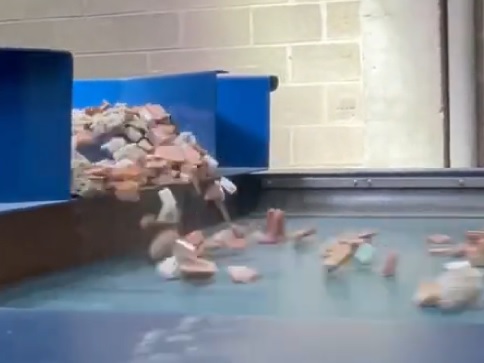
05/05/2023
El projecte europeu ICEBERG afronta el darrer any d’activitat amb tots els casos pràctics en marxa
Bilbao, 5 de maig de 2023. El projecte ICEBERG, en el qual participen 35 organitzacions públiques i privades de deu països europeus, afronta el seu últim any de treball amb importants avenços en el reciclatge de materials de construcció, noves publicacions científiques i patents en tràmit.
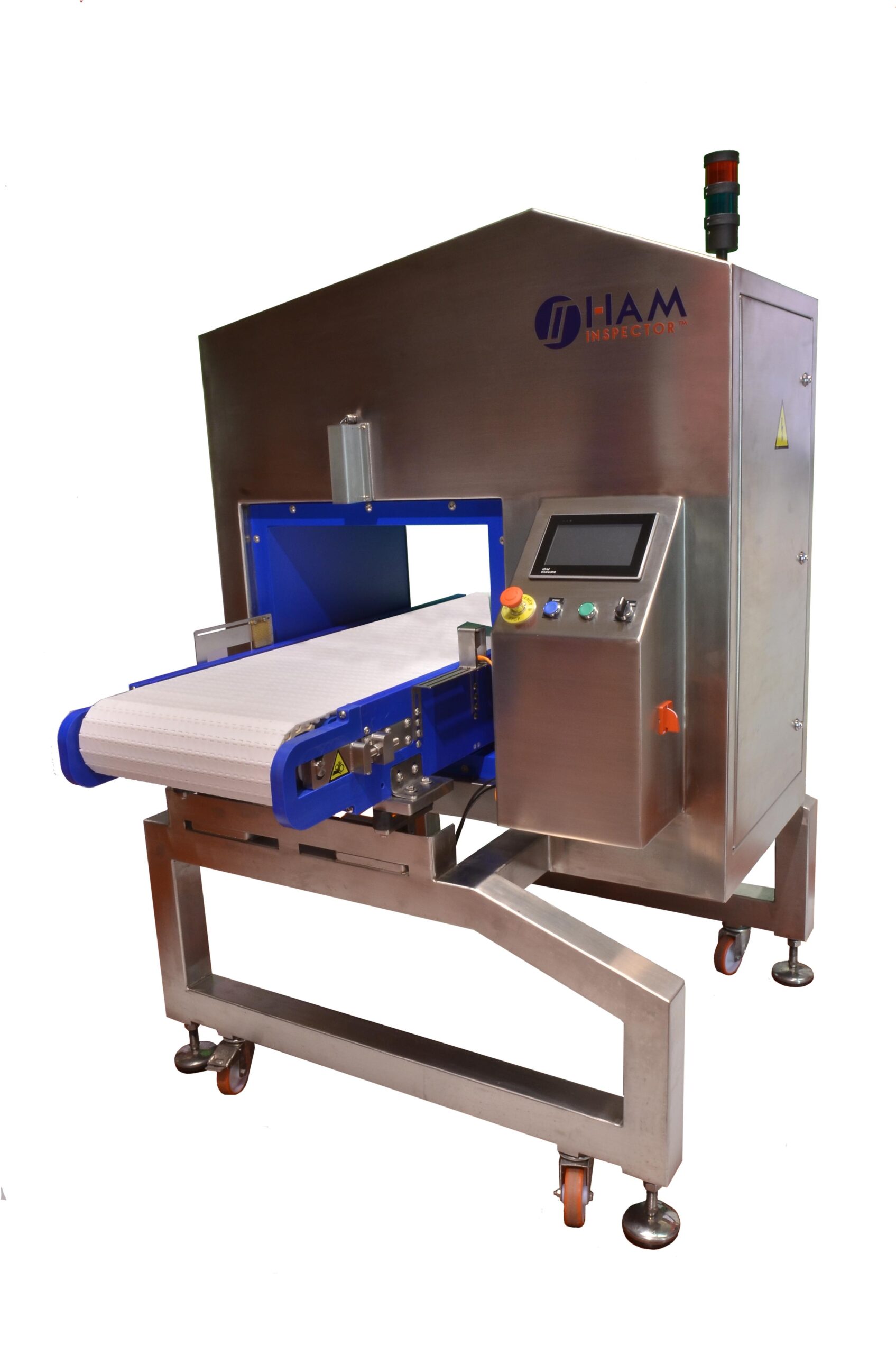
14/12/2022
HAM BrAIn – Intel·ligència Artificial aplicada al Procés d’elaboració del pernil curat
HAM BrAIn TM és un programari d’intel·ligència artificial per modelar, optimitzar i controlar el procés d’elaboració del pernil curat. El programari utilitza dades estadístiques del procés com ara: pes, greix, minves i sal, que són determinats peça a peça, per l’escàner d’inducció magnètica HAM-Inspector II.
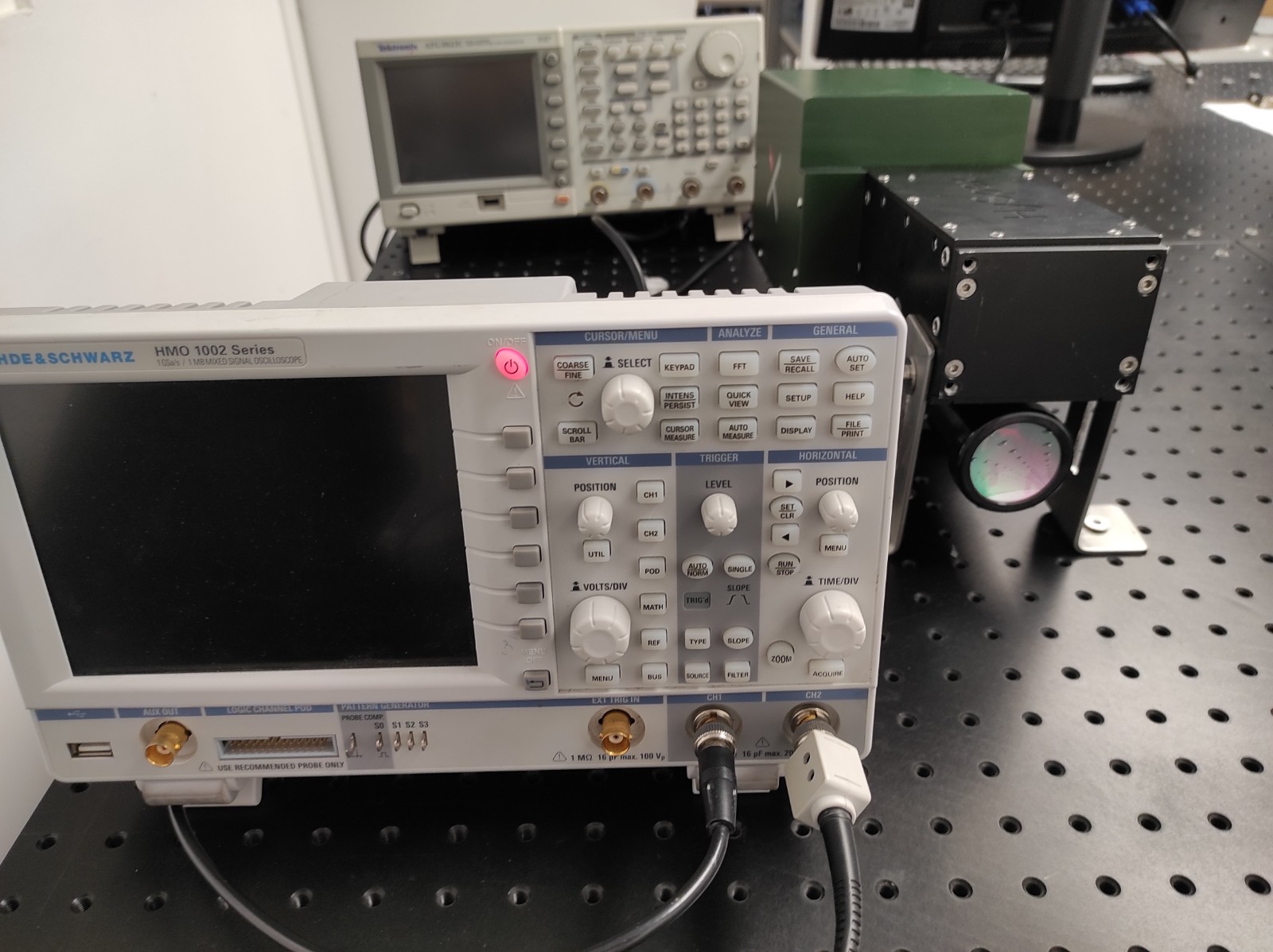
26/10/2021
Una Línia Pilot per a la Separació i Reciclatge de Residus de Construcció i Demolició
Estem treballant en el desenvolupament d’una línia pilot per a la classificació de fraccions ceràmiques mixtes de residus de construcció i demolició. La línia pilot està dissenyada per processar fins a 1 tona per hora de material d’entrada i té com a objectiu classificar-lo en tres corrents principals: fracció grisa (formigó), fracció vermella (fragments de maó) i altres materials, inclòs el guix.

09/09/2021
Sistema d’Inspecció Òptica Avançat per Mòduls Fotovoltaics de 3ª Generació
Lenz Instruments ha completat el desenvolupament en fase de demostrador d’un nou sistema d’inspecció automatitzat per analitzar automàticament els mòduls fotovoltaics de capa fina. El sistema integra un capçal òptic, encarregat de conduir la llum fins al mòdul fotovoltaic a inspeccionar, recull la seva emissió òptica i la guia fins a diferents mòduls espectroscòpics per analitzar-los. Mitjançant tècniques avançades de processament de dades, aquesta informació espectral es pot utilitzar per avaluar la qualitat i eficiència dels materials de pel·lícula prima obtinguts durant el procés de fabricació dels dispositius. La detecció primerenca de defectes de fabricació és molt important per (1) identificar errors de fabricació i implementar accions primerenques; (2) maximitzar el rendiment del procés de fabricació; (3) assegurar la qualitat i la fiabilitat dels mòduls; i (4) minimitzar la generació de residus durant el procés de fabricació.

30/06/2021
SUNRISE – SOLUCIÓ PER LA SEPARACIÓ Y RECICLATGE DEL POLIVINIL BUTIRAL (PVB)
El passat 1 de juny de 2021 es s’ha iniciat el projecte europeu SUNRISE, en el qual es planteja el desenvolupament de noves solucions per a la separació i reciclatge del polivinilbutiral (PVB) procedent de vidre laminat. El projecte està finançat pel programa marc de recerca i innovació de la Unió Europea Horitzó 2020 (grant agreement nº 958243).
